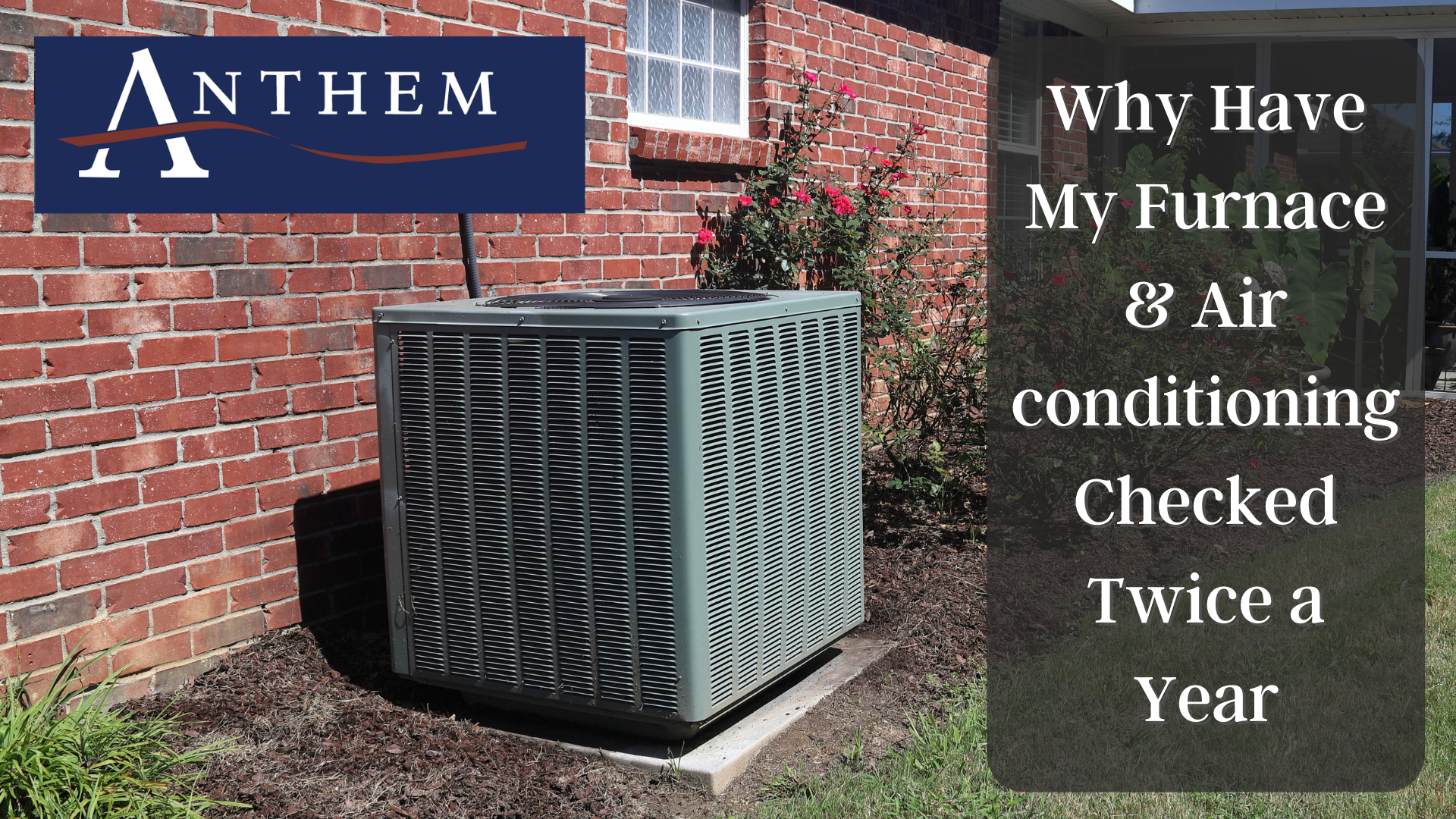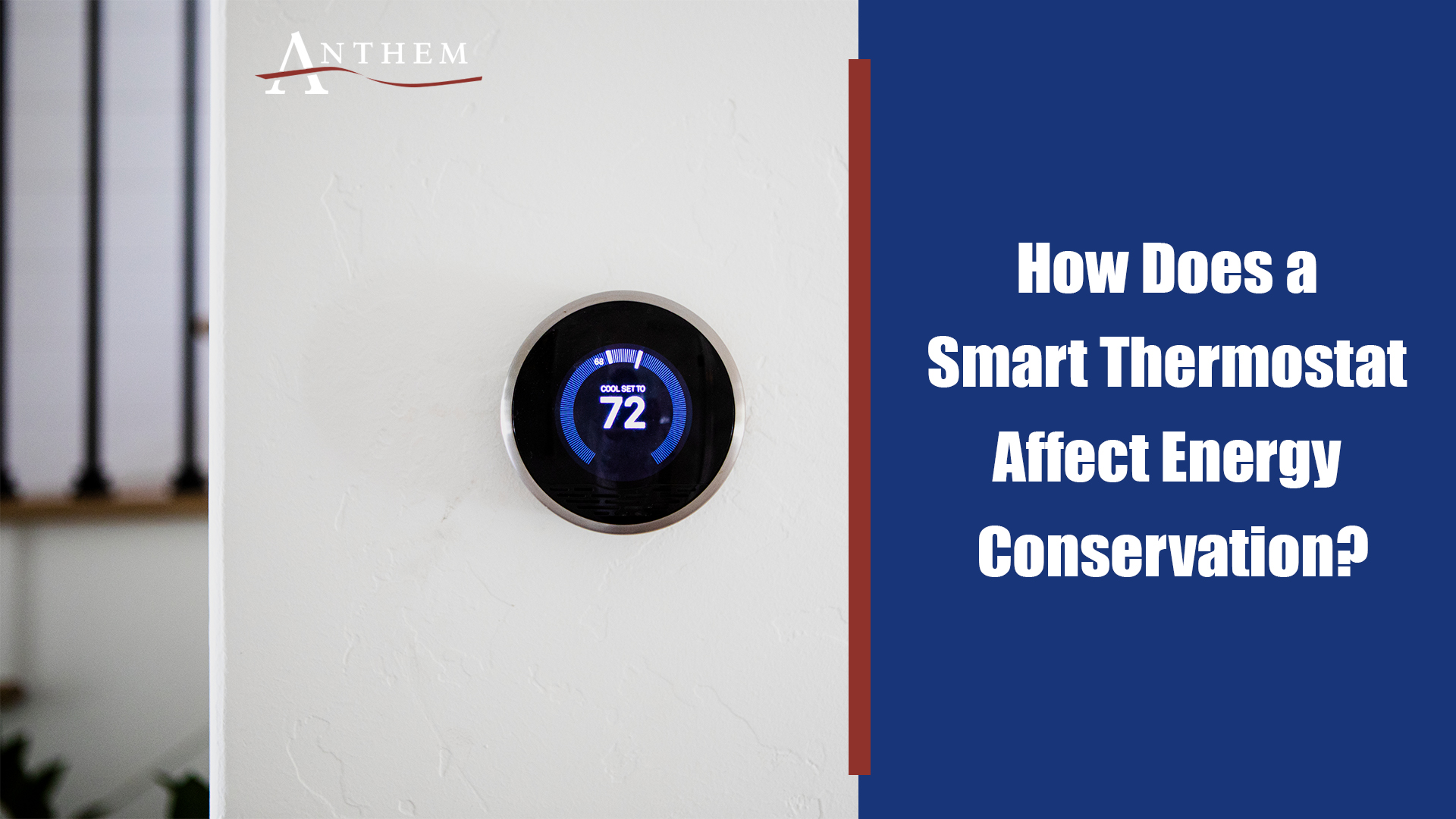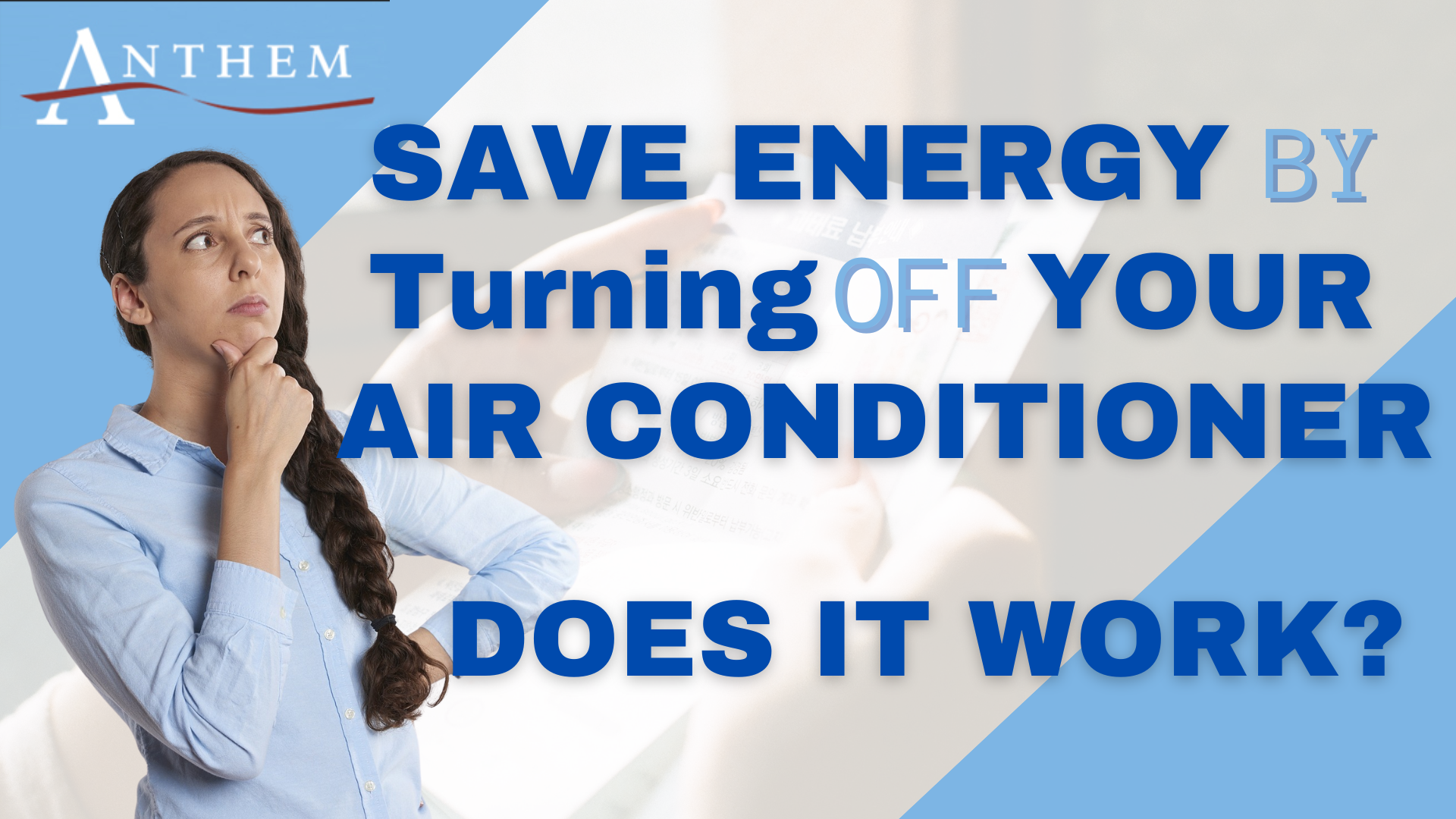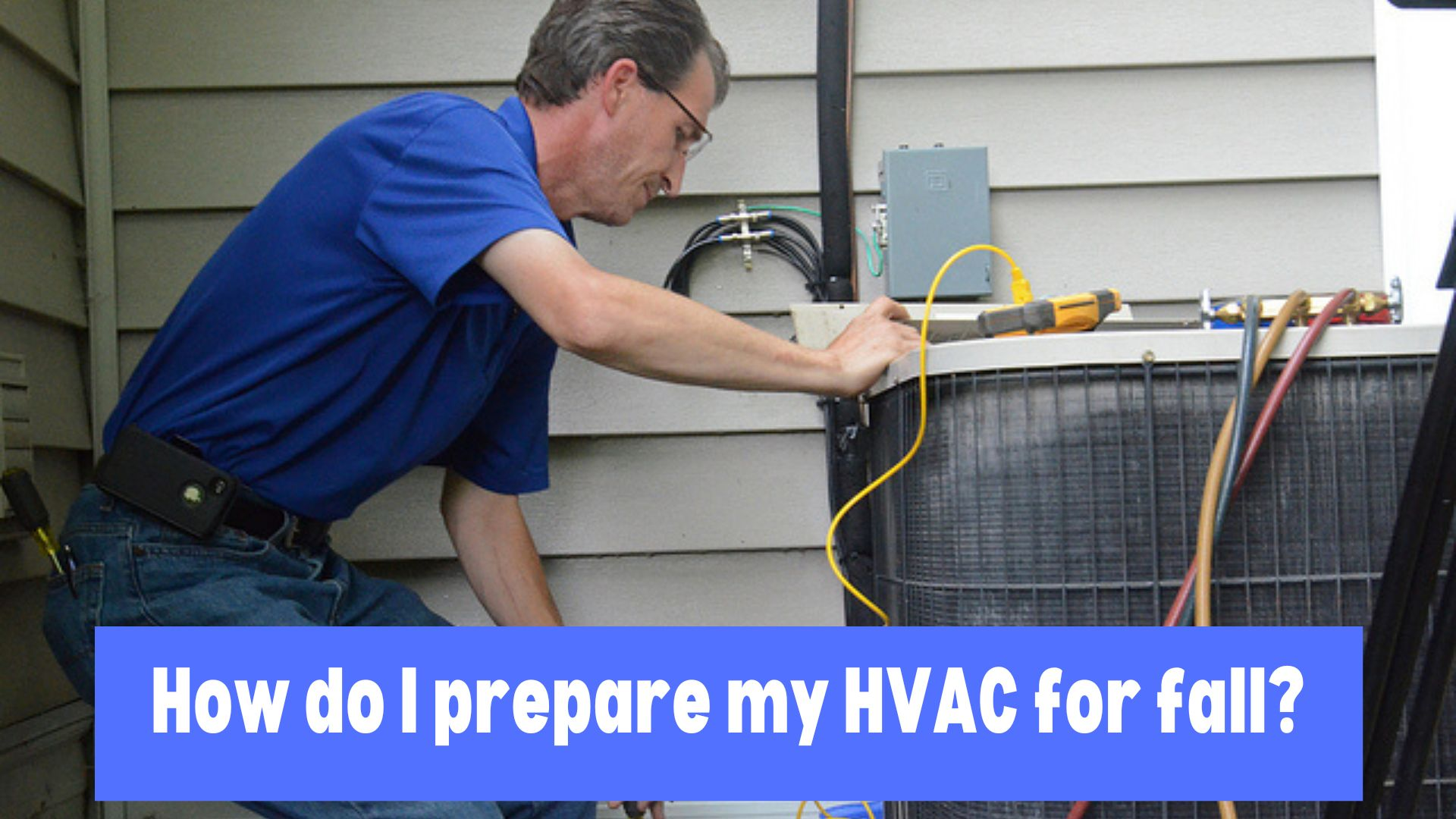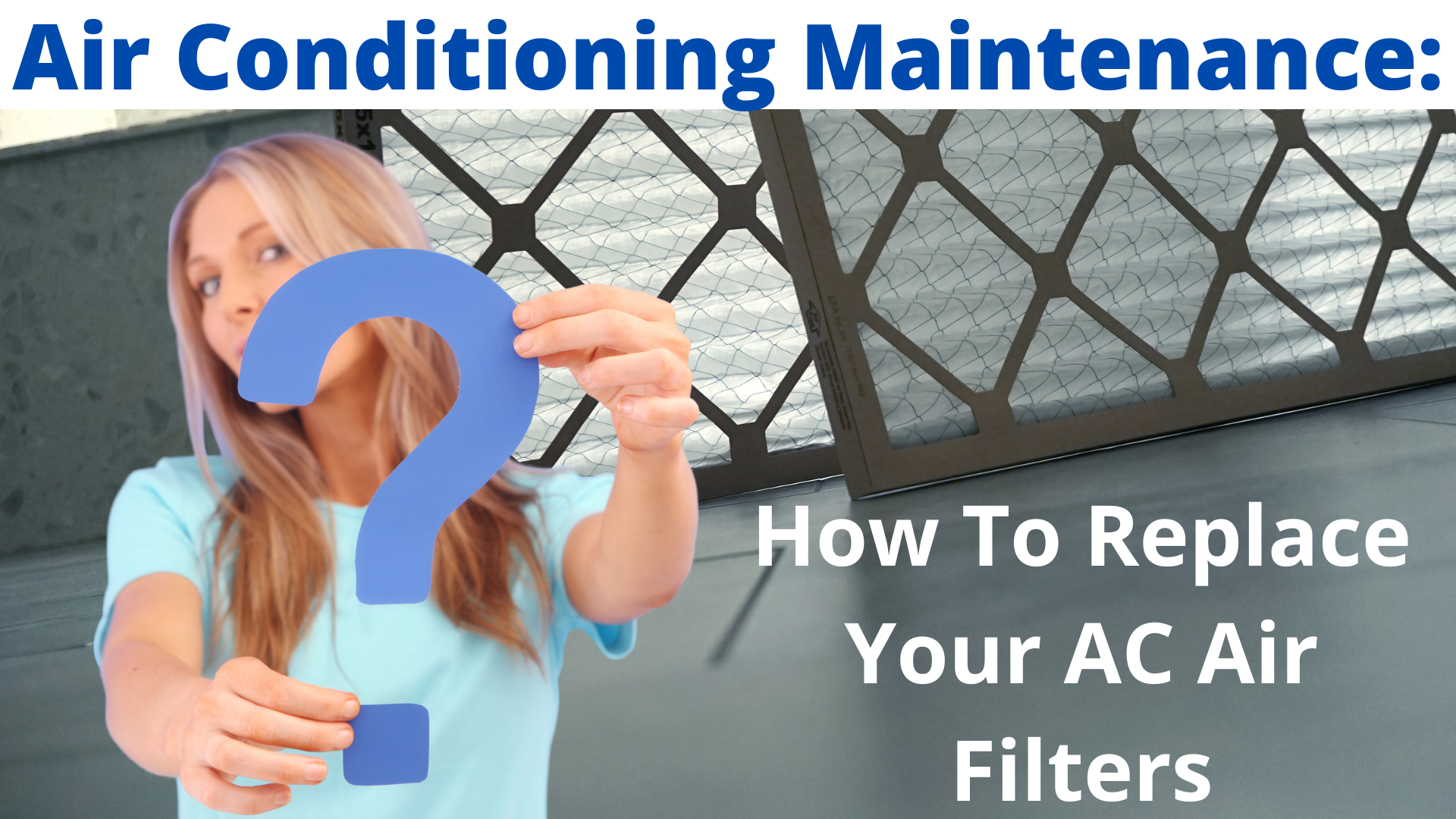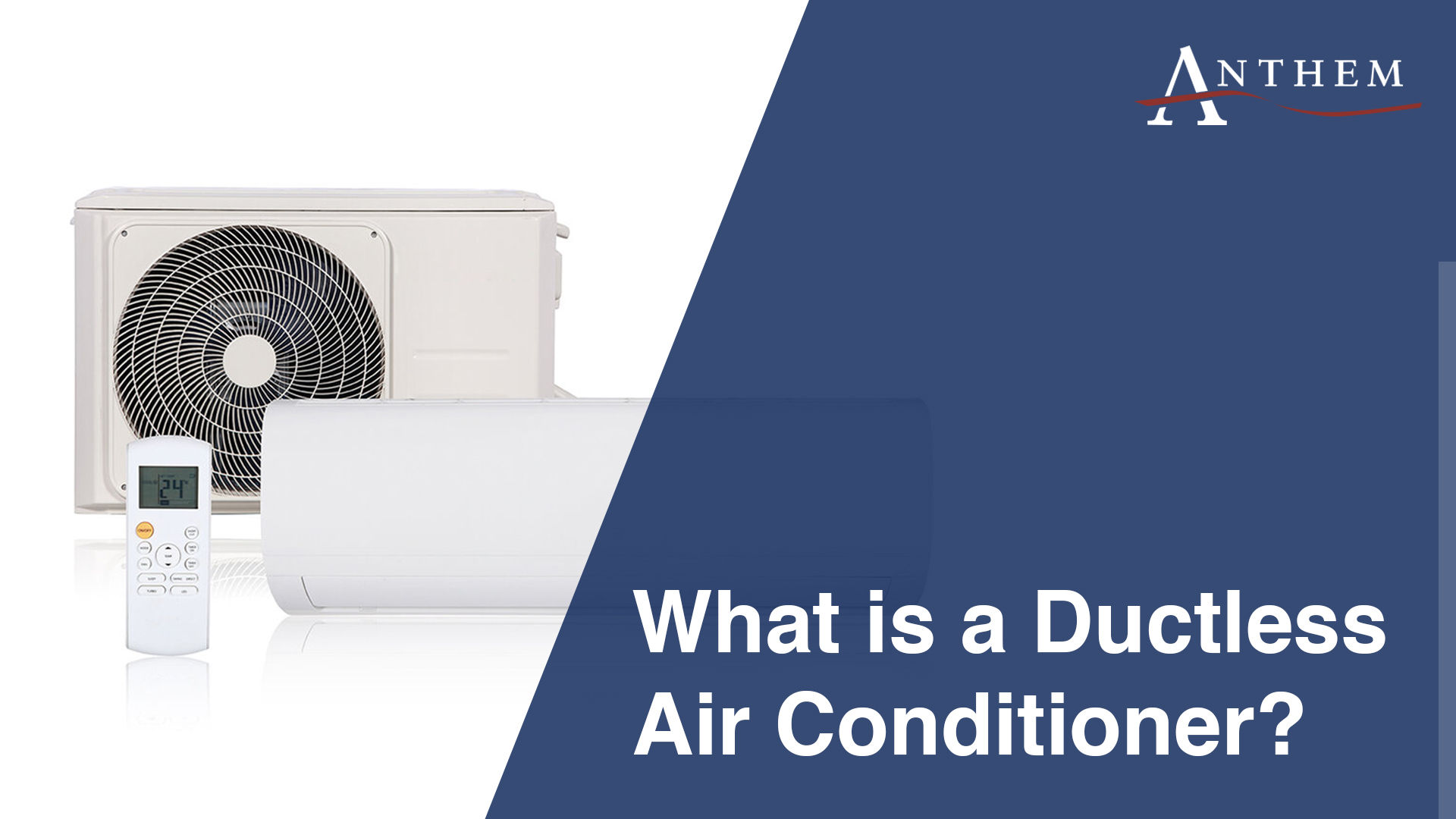When it comes to efficiency, having a well-maintained HVAC system is essential. This means that twice-a-year maintenance of your furnace and AC systems should be a top priority. A qualified technician can inspect these systems for any signs of wear and tear and provide preventative care to lower operating costs.

What Goes into HVAC Maintenance?
It involves cleaning all components, such as coils and filters, checking refrigerant levels, lubricating moving parts, making sure electrical connections are secure, and more. These tasks help keep your system running smoothly and efficiently, which can save you money in the long run.
So don’t wait until something breaks down – regular maintenance is vital for the efficiency of your furnace and air-conditioning system.
Here’s a quick checklist of items to help extend the life of your furnace and keep it running at its peak efficiency:
– Inspect air quality and clean/change filters as needed.
– Check for carbon monoxide leaks, cracks, and any other visible signs of damage.
– Clean debris from blower and motor components.
– Clear any debris that may cover the outer unit and all vents in the interior installations.
Common Furnace and Air conditioning Problems You Can Avoid with Regular Checks
When it comes to HVAC systems, the old adage “an ounce of prevention is worth a pound of cure” rings true. Appliances with regular maintenance save money by helping you avoid common problems like:
- Dirty filters
- Inefficient cooling or heating
- Refrigerant leaks
- Frozen coils
- Broken belts
- Leaking refrigerant
- Damaged fan motors
- Duct leaks and dirty ductwork
- Pilot or ignition Issues
- Excessive blower run
When Should You Have Your Furnace and Air Conditioning Checked?
Ideally, your HVAC system should be checked twice a year – in the spring and fall. This will ensure that everything is running smoothly and efficiently and save money on costly repairs or energy bills from inefficient systems.
Don’t wait until something breaks – regular maintenance of your furnace and AC will keep your systems running at optimal efficiency.
Benefits of Furnace and Air Conditioning Maintenance and Tune-up
Regular tune-ups save money in the long run by helping you avoid costly repairs. It also increases efficiency, lowers energy bills, and improves air quality.
Here are just a few of the benefits that regular maintenance can provide:
- Extended Life Expectancy: Regularly maintained systems last longer than those without care over time.
- Improved Efficiency: A clean and well-maintained system runs more efficiently, leading to lower energy bills.
- Enhanced Air Quality: Clean filters and other components help keep the air in your home free of allergens and contaminants.
- Easier Troubleshooting: When components are regularly checked, it is easier to spot and fix small problems before they become big.
- Saves money: By regularly maintaining your furnace and AC, you’ll save money and keep your home comfortable all year round. So don’t wait – get on top of your HVAC maintenance today!
What Are The Signs Your Furnace or Air Conditioning Needs Checking?
If you’re wondering if it’s time to have your furnace and AC checked, here are some common signs that indicate it’s time for a tune-up:
- Poor air quality
- High energy bills
- Uneven temperatures in the home
- Unusual noises or smells coming from the system
- The system is running constantly
- The unit is more than ten years old
- Lack of regular maintenance.
If you’ve noticed any of these signs, it’s time to call a professional and have your HVAC system checked! Regularly maintaining your furnace and air conditioning will save you money and keep your home comfortable all year long. Make sure to take advantage of the benefits that regular maintenance can provide!
The bottom line is, save yourself money and stress by checking on your furnace and air conditioning system throughout the year. Regular inspection of your HVAC system can help you save money in the long run and increase efficiency.

Is Your HVAC Due for a Check-up?
If you’re in the Coachella Valley or Inland Empire Areas, contact Anthem HVAC to schedule your inspection today!
Our team of experienced professionals can help save you money by keeping your HVAC at peak efficiency. Call now and make sure your home stays comfortable all year round!


